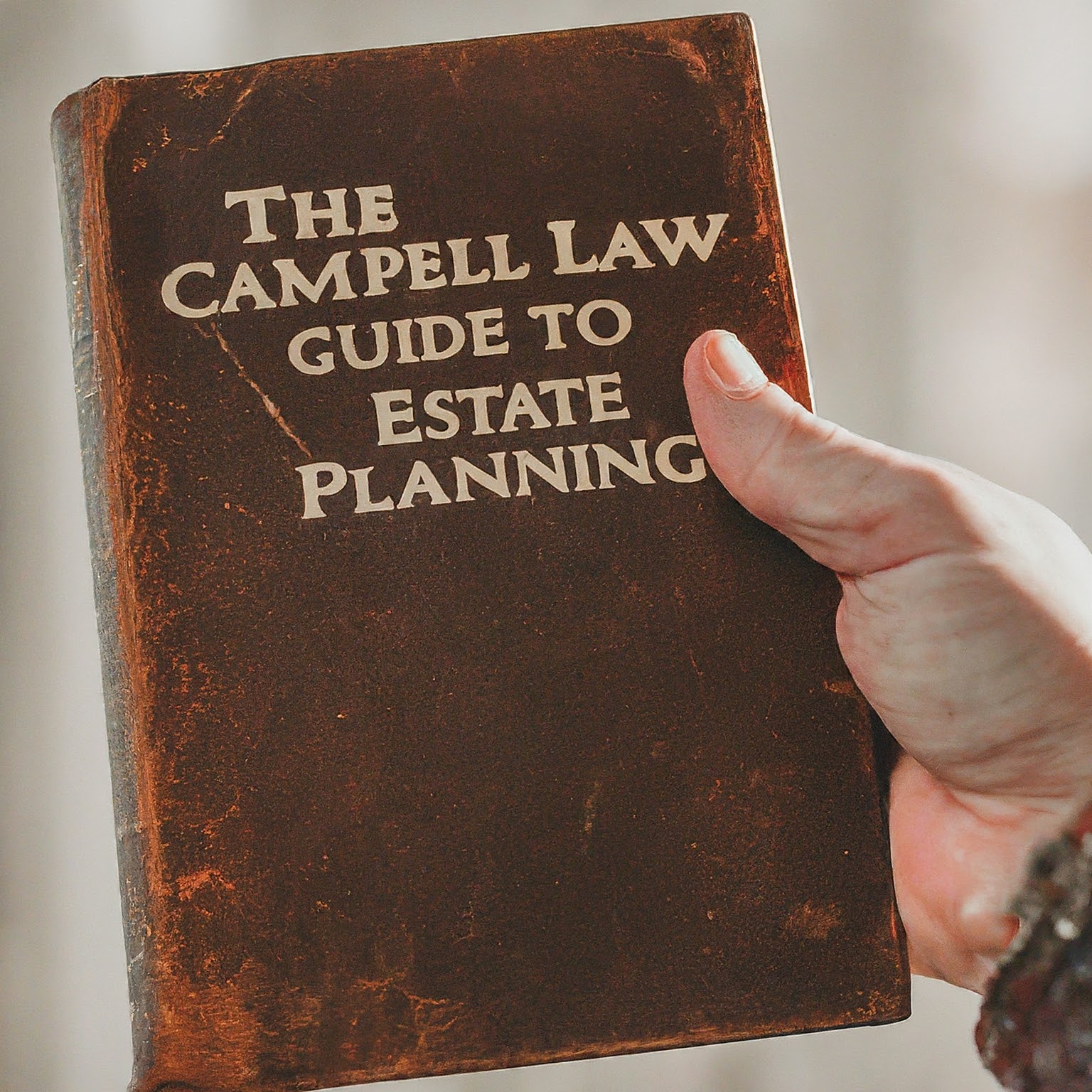Key Topics Include:
1. The benefits of having a lawyer draft your will
2. How divorce or separation affects your estate
3. What happens if you don't have a will
Our guide is updated monthly to keep you informed of the latest changes and best practices in estate planning. Our goal is to safeguard your legacy and ensure your family’s financial security.
To illustrate key points and highlight the importance of clear drafting, we include explanations and relevant Ontario case studies, such as Milne Estate (Re), 2019 ONSC 579. By examining these cases, we provide practical insights into estate planning best practices.
Please note: This guide offers legal information, not advice, and should not be used as a substitute for professional legal counsel tailored to your specific situation.
Do I Need a Lawyer to Draft My Will?
While you’re not legally required to have a lawyer draft your will, there are several benefits to seeking professional assistance:
- Asset protection: A wills and estates lawyer can ensure your assets are protected and that you maintain control over the division of your family assets or the guardianship of your children.
- Avoiding common mistakes: Legal professionals can help you sidestep pitfalls that might invalidate your will or lead to unintended consequences.
- Legal validity: A lawyer can ensure your will is legally valid under the Succession Law Reform Act, R.S.O. 1990, c. S.26.
- Complex issues: For those with more complex estates or specific wishes, a lawyer can assist with intricate matters such as tax planning and estate administration.
While it’s possible to write a will yourself, seeking legal advice may be beneficial, especially if you have a complex estate or specific requirements.
Case Study: Milne Estate (Re), 2019 ONSC 579
The Milne Estate (Re) case, adjudicated by the Ontario Superior Court of Justice, addresses the validity of Primary and Secondary Wills executed by John and Sheilah Milne. Key points of the case include:
- Initial ruling: The Application Judge initially denied probate for the Primary Wills due to uncertainty in the Allocation Clause, which allows executors to discretionarily determine which assets require probate.
- Appeal decision: The Divisional Court overturned this decision, clarifying that a will is not a trust and thus not subject to the “three certainties” rule.
- Legal precedents: The court referenced Granovsky Estate v Ontario (1998) to support the validity of multiple wills and concurred with Justice Penny’s decision in Panda Estate (Re), 2018 ONSC 6734.
- Implications: The court emphasized the importance of precise drafting in estate planning, particularly when using multiple wills and allocation clauses, to avoid potential legal challenges and ensure the intended distribution of assets.
Changing Your Will:

1. Can I make changes to an existing will?
Absolutely! Keeping your will up to date is essential to ensure your wishes are accurately reflected. In Ontario, you have several options for updating your will:
- Creating a Codicil: A separate document that modifies your existing will. It must be in writing, dated, and signed by you and two witnesses.
- Adding Handwritten Changes: You can update your will by crossing out sections or adding new information directly on the document. These changes must be initialed by you and signed by the original witnesses.
- Executing a New Will: Drafting a completely new will may be the best approach if there are significant changes. The new will should explicitly revoke the previous one.
However, making changes to your will can be complex, and any errors can risk the validity of your changes. It’s always advisable to consult with a lawyer to ensure your updates are legally sound and reflect your current wishes.
2. How do I make changes to an existing will?
To update your will in Ontario, follow these steps carefully:
- Handwritten Changes: Make changes by crossing out sections or adding new information directly on your will. For these changes to be legally valid, they must be initialed by you and signed by the original witnesses.
- Codicil: Create a separate document to update your will. It must be in writing, dated, and signed by you and two witnesses. The codicil should clearly refer to the will and any previous codicils it is amending.
- Executing a New Will: If extensive changes are needed, consider drafting a new will. The new will should revoke all previous wills and codicils to avoid any confusion.
Given the potential complexities and legal requirements, it’s highly recommended to speak with a lawyer when making changes to your will. A lawyer can help ensure your updates are valid and legally binding, providing you with peace of mind.
What Effect Does a Divorce or Separation Have on a Will?
In Canada, divorce does not revoke a will entirely. However, gifts or appointments made to former spouses by will are automatically revoked if there is a subsequent divorce in many jurisdictions. This means that your former spouse will no longer be your executor, trustee or guardian, and any gifts you left to your former spouse will go to someone else. If the person who made the will dies without changing their will or remarrying, everything would go to their former spouse under the pre-divorce. It is recommended that one enters into a new will and revokes any existing ones after marriage or divorce. In Ontario, if the deceased was discovered or separated after the will was made, then the will is read as if the divorced/separated spouse had died before the testator.
In Canada, a will is not revoked by the separation of legally married spouses before a formal divorce. However, there could be unintended consequences if there are no substitute beneficiaries, the shares left to them are uneven, or they are no longer appropriate. Upon separation, a gift to a spouse in your will becomes revoked under the Succession Law Reform Act (SLRA). This means that your former spouse will no longer be your executor, trustee or guardian, and any gifts you left to your former spouse will go to someone else. In Ontario, if the deceased was divorced or separated after the will was made, then the will is read as if the divorced/separated spouse had died before the testator. Before January 1, 2022, marrying after the date a will was signed caused that will to be automatically revoked.
Understanding the Impact of Property Title on Estate Planning in Ontario

While the title of a property doesn’t directly affect a will in Canada, adding someone to the title can significantly impact estate planning. Key considerations include:
- Joint Tenancy and Right of Survivorship: When property owners are registered as joint tenants, the right of survivorship applies. If one owner dies, their interest automatically belongs to the surviving joint tenant, bypassing the will and probate process.
- Adding an Adult Child to the Title: This can affect how proceeds from the home are split between children after the parents’ death. The child’s right of survivorship could override provisions in the will, potentially leading to disputes.
- Severing Joint Tenancy: In Ontario, a joint tenancy cannot be severed by testamentary disposition alone. However, a provision in a will can be evidence of intention to treat the joint tenancy as severed. A joint tenancy can be converted to a tenancy-in-common through mutual agreement, conduct indicating common intention, or unilateral action by one joint tenant.
- Risks of Unintentional Severance: It’s possible to sever a joint tenancy inadvertently. For example, if one joint tenant transfers their interest to another person without the other joint tenants’ knowledge, the joint tenancy is severed, becoming a tenancy-in-common.
Legal Framework:
- Pension Benefits Act, R.S.O. 1990, c. P.8
- Family Law Act, R.S.O. 1990, c. F.3
Relevant case law includes Carrigan v Carrigan Estate and Jackson v Rosenburg, which provide precedents for interpreting these statutes in real-life scenarios.
What Happens If I Do Not Have a Will Completed?
When a person dies without a valid will (intestate), their estate is distributed according to provincial laws. Here’s what happens in various scenarios:
- Married Person with Children: The surviving spouse receives a preferential share (a fixed sum stipulated by provincial law). The remaining estate is divided, with one-third going to the spouse and two-thirds divided equally among the children.
- Unmarried Person with Children: The entire estate is divided equally among the children. Common-law partners do not have inheritance rights under the Succession Law Reform Act.
- Unmarried Person with No Descendants: The estate is distributed to the deceased’s parents equally. If the parents are deceased, it’s divided among the deceased’s siblings or their descendants.
- Common-Law Spouse: A common-law partner does not inherit automatically. The estate will be distributed to the deceased’s next of kin. Common-law partners may need to make a claim for dependent’s relief to receive any portion of the estate.
To ensure your estate is distributed according to your wishes, it’s highly recommended to draft a will and consult with a legal professional.







